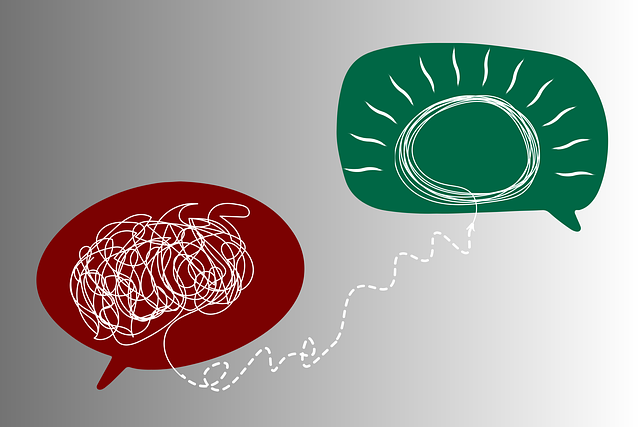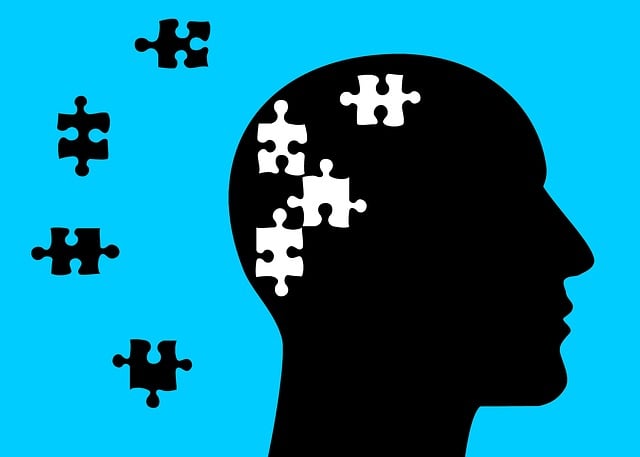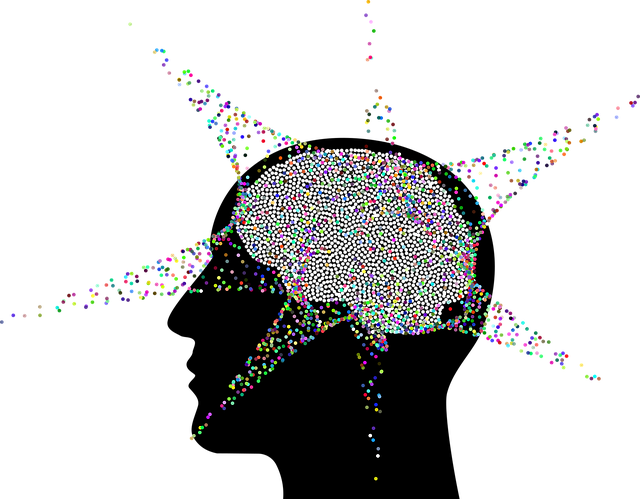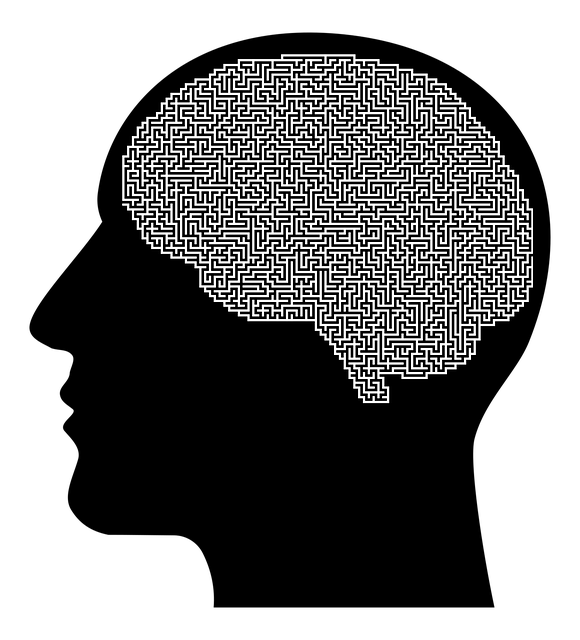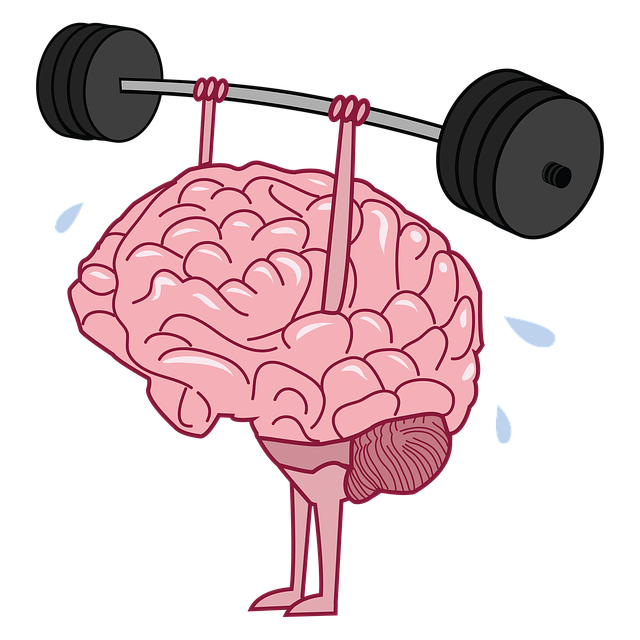Northglenn Geriatrics Therapy offers a holistic crisis intervention approach for older adults, focusing on both immediate support and long-term emotional resilience. They prioritize swift identification of crises through observation and active listening, employing tailored strategies like Emotional Regulation and Self-Awareness Exercises to empower clients with effective coping mechanisms. Their dual-pronged strategy includes short-term crisis counseling and building resilience through community engagement, ongoing therapy, and education, distinguishing them as a vital resource for crisis management in the geriatric population.
In the realm of geriatric care, crisis intervention strategies are vital to ensuring the well-being of older adults. This comprehensive guide, informed by the expertise of Northglenn Geriatrics Therapy, delves into effective approaches to navigate crises. From understanding the nuances of crisis assessment to implementing immediate response strategies tailored for geriatric populations, we explore a multifaceted framework. Additionally, we highlight the importance of short-term and long-term support systems, while offering preventive measures to build resilience against future challenges.
- Understanding Crisis Intervention: A Northglenn Geriatrics Therapy Perspective
- Assessing the Crisis: Identifying Signs and Triggers
- Immediate Response Strategies for Geriatric Populations
- Short-Term and Long-Term Support Systems in Place
- Enhancing Resilience: Preventive Measures for Future Crises
Understanding Crisis Intervention: A Northglenn Geriatrics Therapy Perspective

At Northglenn Geriatrics Therapy, we recognize that crises can profoundly impact older adults, often exacerbating existing mental health challenges and physical ailments. Our crisis intervention strategies are tailored to address not only the immediate emergency but also to foster long-term emotional resilience. We believe in a holistic approach that considers the unique life experiences, cultural backgrounds, and individual needs of each client.
Through our expertise in Northglenn Geriatrics Therapy, we emphasize the importance of Emotional Regulation and Self-Awareness Exercises as cornerstone techniques. These practices enable individuals to navigate intense emotions, promote self-soothing mechanisms, and facilitate a deeper understanding of their triggers. By engaging in these emotional healing processes, clients develop invaluable coping strategies that empower them to manage future crises effectively.
Assessing the Crisis: Identifying Signs and Triggers

In identifying a crisis, whether it’s a mental health emergency or a critical care situation, Northglenn Geriatrics Therapy emphasizes the importance of keen observation and active listening. Signs of distress can range from overt behaviors like aggressive outbursts to more subtle cues such as social withdrawal or changes in eating patterns. Recognizing these triggers is crucial for timely intervention. Healthcare providers play a vital role in fostering environments that encourage open communication, allowing individuals to express their feelings and concerns without fear of judgment.
By integrating positive thinking and confidence-boosting techniques into their practice, healthcare professionals can prevent burnout and enhance their ability to respond effectively during crises. These strategies not only empower them to offer compassionate care but also contribute to a more holistic approach to crisis intervention, ultimately benefiting the well-being of patients and fostering a supportive therapeutic environment at Northglenn Geriatrics Therapy.
Immediate Response Strategies for Geriatric Populations

In the event of a crisis, immediate response strategies are paramount for geriatric populations, where swift and targeted interventions can significantly mitigate the impact on mental health. Northglenn Geriatrics Therapy emphasizes rapid assessment and tailored support to ensure elderly individuals receive the care they need during challenging times. Therapists employ evidence-based techniques like Mind Over Matter principles to empower seniors with coping mechanisms, fostering a sense of control and resilience. This proactive approach not only addresses acute issues but also strengthens their emotional well-being promotion techniques over the long term.
The unique needs of older adults demand a nuanced understanding of their experiences and fears. By leveraging Confidence Boosting strategies, therapists help geriatric clients navigate crises with enhanced self-assurance. These immediate response strategies are designed to be accessible and effective, reflecting the dedication of Northglenn Geriatrics Therapy in holistically addressing the complex challenges faced by elderly individuals in crisis situations.
Short-Term and Long-Term Support Systems in Place

In crisis intervention, a comprehensive approach involves both immediate short-term support and sustained long-term strategies. For individuals facing acute distress or a sudden traumatic event, Northglenn Geriatrics Therapy offers rapid response services tailored to address the urgent needs of older adults. This can include crisis counseling, where trained professionals provide a safe space for expression and guidance in managing intense emotions. Short-term interventions aim to stabilize the individual and offer practical solutions to cope with the immediate crisis.
Alongside these acute care services, establishing robust long-term support systems is vital. Northglenn Geriatrics Therapy promotes emotional well-being promotion techniques and mental health policy analysis and advocacy as part of its holistic approach. By fostering connections within communities, providing ongoing therapy sessions, and encouraging participation in social activities, the clinic helps individuals build resilience and adapt to challenges over time. This comprehensive care ensures that those who have experienced a crisis receive not just immediate relief (anxiety relief), but also the tools and support necessary for long-lasting emotional recovery.
Enhancing Resilience: Preventive Measures for Future Crises

Building resilience is a key component of crisis intervention, aimed at equipping individuals and communities to better cope with future challenges. Northglenn Geriatrics Therapy recognizes that preventive measures are essential in mitigating the impact of crises before they occur. One effective strategy involves community outreach programs that focus on early intervention and education. These initiatives can help identify at-risk populations and provide them with the necessary tools to enhance their mental wellness and social skills, thereby fostering a more robust support system.
Additionally, regular training sessions on stress management, emotional regulation, and crisis prevention can be integrated into community settings, schools, and workplaces. By promoting these practices, individuals become better equipped to navigate challenging situations, reducing the likelihood of severe crises. Such proactive measures not only strengthen individual resilience but also create a more resilient community, ensuring that everyone is prepared to face and overcome future emergencies.
Northglenn Geriatrics Therapy emphasizes the importance of comprehensive crisis intervention strategies. By understanding the unique challenges faced by geriatric populations, implementing effective immediate response tactics, and establishing robust short-term and long-term support systems, we can significantly enhance their resilience. Preventive measures are key to mitigating future crises, ensuring a more stable and fulfilling life for our elderly clients. Embracing these guidance principles from Northglenn Geriatrics Therapy fosters a holistic approach to crisis care.

